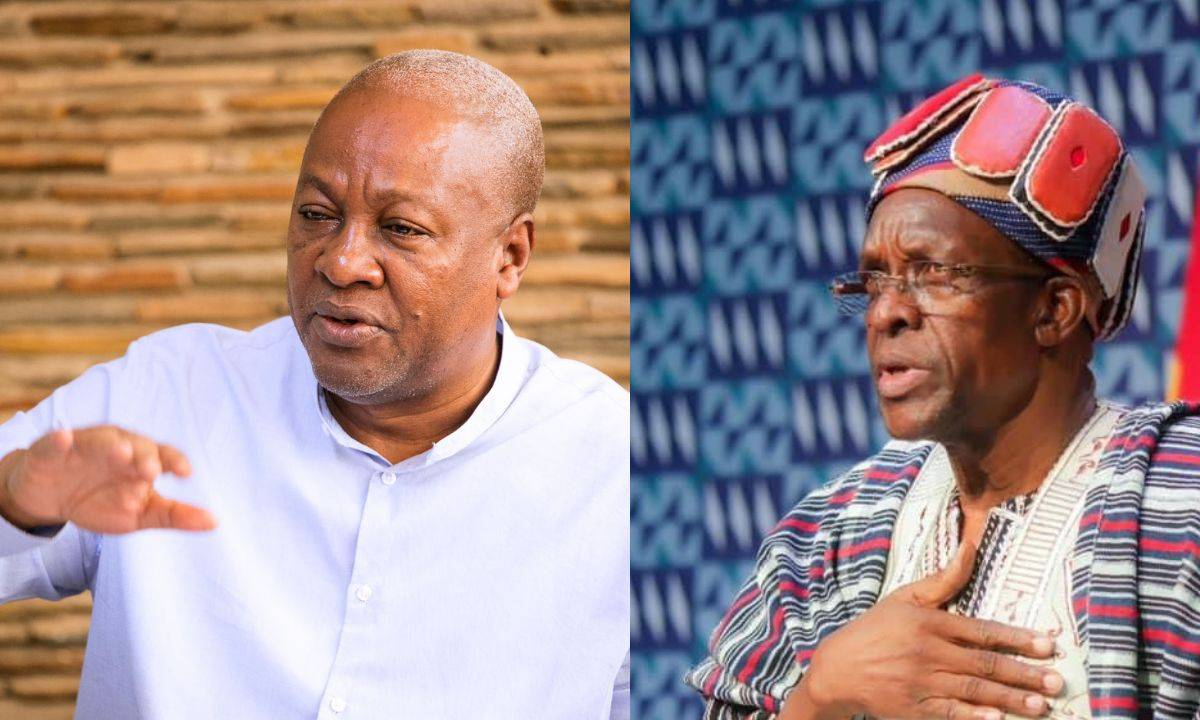The Flagbearer of the National Democratic Congress (NDC), John Dramani Mahama, has weighed in on the recent controversy regarding Speaker of Parliament, Alban Bagbin's decision to declare four parliamentary seats vacant. This declaration followed the announcement that the Members of Parliament (MPs) holding these seats had changed their political affiliations.
Speaking at a campaign event on October 21, 2024, Mahama emphasized that Speaker Bagbin's actions were justified. He criticized the New Patriotic Party (NPP) MPs who have sought recourse in the Supreme Court, suggesting that they are reaping the consequences of their own previous decisions.
Mahama recounted a pivotal moment from 2020, when the Member of Parliament for Fomena, Andrew Asimah, declared his intention to run as an independent candidate after losing his party's primaries. At that time, the NPP had petitioned the Speaker to declare Asimah’s seat vacant, arguing that his new affiliation rendered him no longer a representative of the NPP in Parliament. Speaker Mike Oquaye complied, leading to Asimah’s seat being declared vacant.
“They didn’t realize that the precedent they set would eventually come back to haunt them,†Mahama stated. He noted that now, three NPP MPs have also filed as independents, prompting the NDC to remind the Speaker of the earlier ruling. The party argued that since the situation mirrored the earlier precedent, Speaker Bagbin was within his rights to declare the seats vacant once again.
Mahama highlighted the implications of this declaration, asserting that the NDC now holds the position of the Majority Caucus in Ghana’s Parliament. “By the declaration of their seats as being vacant, automatically the NDC becomes the Majority in today’s Parliament. And that’s why I say when you dig a pit for somebody, you yourself will come and fall into that same pit,†he remarked.
As the political landscape continues to evolve ahead of the upcoming elections, Mahama's comments underscore the ongoing tensions between the NDC and NPP, as well as the critical role of parliamentary procedures in shaping Ghana’s governance.




No comments yet
Be the first to share your thoughts!